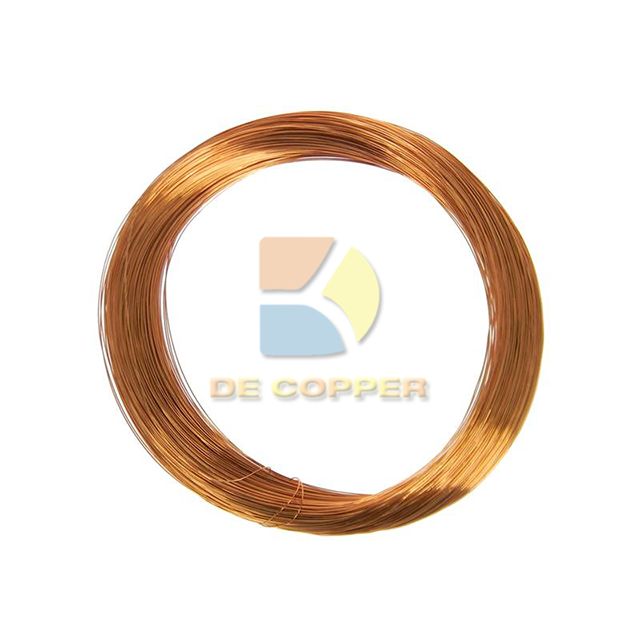Product features:
● High surface finish, no scratches
● Excellent cold processing performance
● Accurate tolerance dimensions
Specifications (mm): Customizable.
Transportation packaging: Standard export carton/iron rack/pallet/crate, etc.
Tin bronze wire is a bronze wire with tin as the main alloying element. Its tin content is generally between 3% and 14%. It is mainly used to make elastic components and wear-resistant parts. Tin bronze wire has good mechanical properties, anti-friction properties and corrosion resistance, is easy to cut, has good brazing and welding properties, has a small shrinkage coefficient, and is non-magnetic.
Chemical composition and mechanical properties
The main chemical components of tin bronze wire include tin, phosphorus, lead, zinc and other elements. The tin content of tin bronze is generally between 3% and 14%, and the tin content of deformed tin bronze does not exceed 8%. Phosphorus is a good deoxidizer that can improve fluidity and wear resistance; adding lead can improve machinability and wear resistance; adding zinc can improve casting performance. Tin bronze wire has high strength, corrosion resistance and excellent casting properties, and is widely used in various industrial sectors.
Application areas
Tin bronze wire is widely used in the manufacture of various elastic components and wear-resistant parts. For example, it can be used to make spring contact pieces, wear-resistant parts, anti-magnetic components, etc. Due to its good corrosion resistance and processing performance, tin bronze wire is also commonly used in the manufacture of pipes for control and measurement instruments and other equipment. In addition, tin bronze wire is also widely used in steam boilers, ship parts and other fields.
Tin Bronze: Known for its excellent fatigue resistance, used in electrical components and precision engineering.
Key Properties of Bronze
Bronze is renowned for its excellent properties, which make it highly useful in various industries. These include:
● Durability: Bronze is incredibly durable, able to withstand harsh environments without deteriorating quickly.
● Corrosion Resistance: One of the most valued characteristics of bronze, making it suitable for marine, industrial, and outdoor applications.
● Malleability: Bronze is relatively easy to work with, allowing it to be shaped into various forms without compromising its strength.
These key properties ensure bronze remains relevant in modern applications ranging from tools and machinery to art and architecture.












